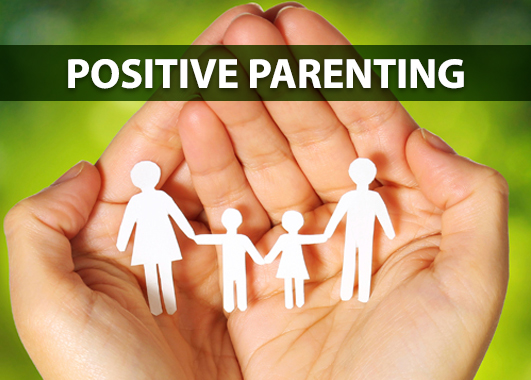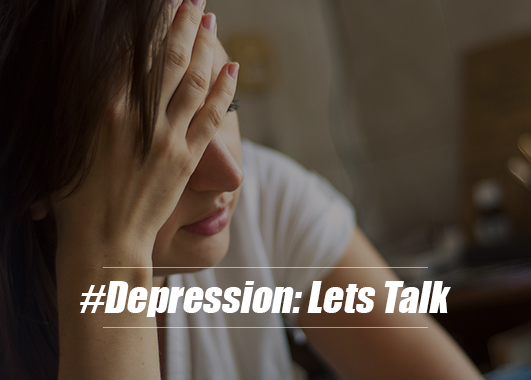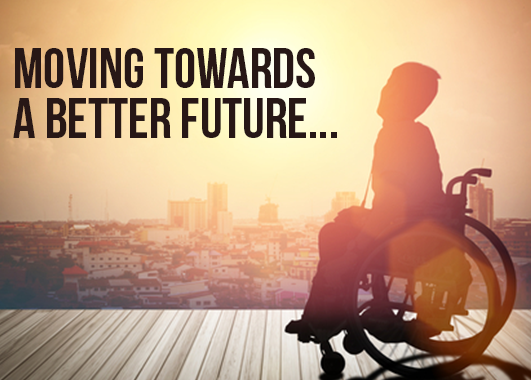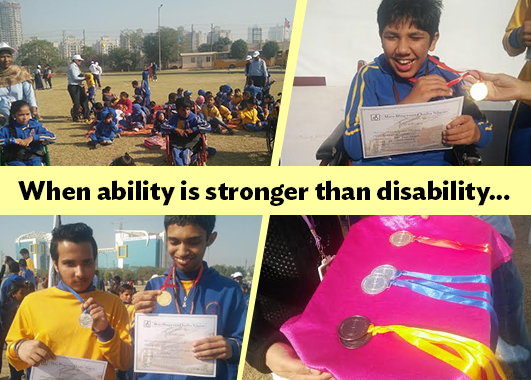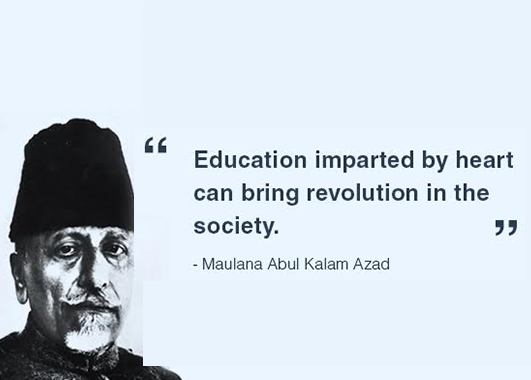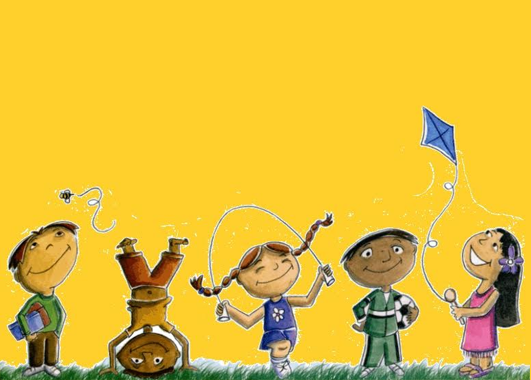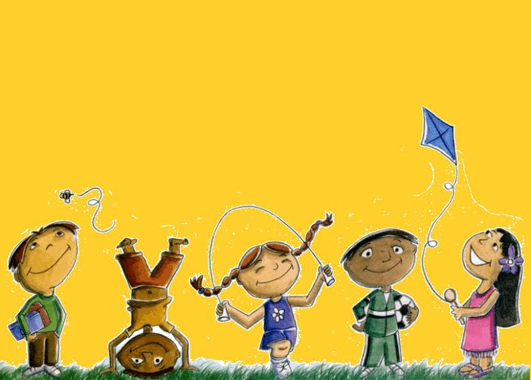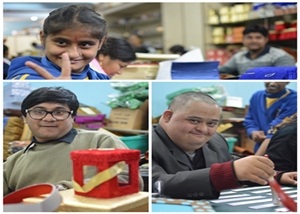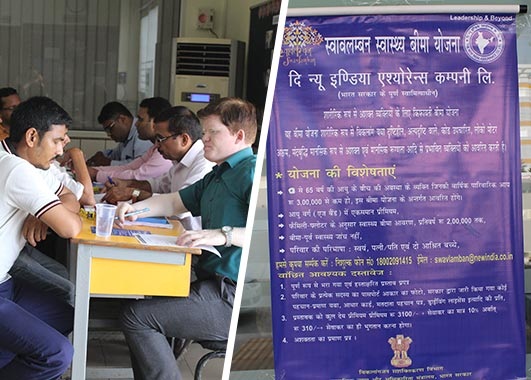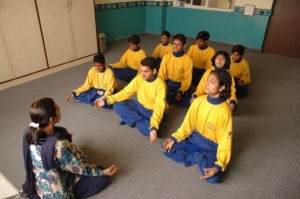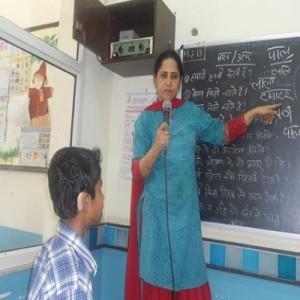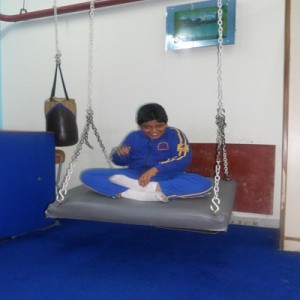Depression: It might not have a significant presence in our lives, but it is possible that someone around us, near us, has been suffering from depression for long enough without us even noticing.
Surprising, yes, but it could happen!
The questions we all have in mind: What is depression? How does it manifest itself? What has made it one of the most severe mental problems in the world?
Imagine having a heachache, a strong one… one that people dismiss as just a heachache, and not something to make a fuss about.
Imagine feeling empty all the time; no one to share your feelings with, nobody to talk to.
Imagine being amidst a sea of people, yet feeling all alone.
Imagine for once that nobody cares whether you exist or not.
That feeling is depression… and it isn’t pretty, especially since most of us don’t even talk about it, or so much as acknowledge its presence.
Depression could be of different types and it could affect people for different reasons, but it is often the parents of children with special needs who are its most common victims. They don’t suffer because they have a special child. They suffer because our society does not treat them as normal. And the only thing that can reduce their suffering is acceptance. It won’t cost us anything to extend a hand of help.
At Mata Bhagwanti Chadha Niketan (MBCN), we treat every child like our own – with compassion, respect and care. As a result, parents feel assured that their child is loved and well looked after at this home away from home. Not just children, we care equally for parents as well.
In her article on coping with depression, Director, MBCN, Dr. Vandana Sharma lends some useful advice to parents of children with special needs.
Read on for insightful excerpts:
“They need to see this vulnerability and work to adopt effective coping skills to deal efficiently with the situation. It will ultimately benefit their special children also. They can deal with children more effectively and patiently if they themselves are at mental peace.”
Setting Limits on Expectations
There are limits to what one person can do. You shouldn’t expect yourself to think about your child all the time. And your child with a disability shouldn’t expect to be the center of attention all the time or the center of your life all the time. It is often easy to have the child with disabilities set the schedule and tone for all family life. You have limits and your child has limits; learn to recognize both and give yourself a chance to examine the situation before responding in anger or fatigue or with frustration. You are not SUPERPARENT.
Having Fun With Your Child
When every activity becomes ‘a therapy session,’ a lot of pleasure can be lost that would otherwise be shared by you and our child. You are the one who lives with your child, and you are the one who is being asked to do just one more thing. If you cannot do something tonight, or every day, okay. That is your decision. Having fun with your child with cerebral palsy can be a radical idea when you are surrounded by people telling you what to do or what should be happening next.
You are not your child’s therapist or teacher. You are Mommy or Daddy. Therapy and educational activities at home are certainly beneficial but you and your child need time to just fool around, tickle, giggle, tell stories and just hang out. These times are one of the most important parts of your child’s “education” and the love and social skills learned by them will stand in good stead for the future as they will contribute greatly to the self-esteem of your child – and your own self-esteem as a parent.
Taking Time Off or Having a Life
As a parent you need time to yourself, with your spouse or partner and with other family members, and just time without kids around. Many parents describe the first time they went to the grocery store alone after their child was born as a tremendous feeling of freedom — even though they were doing a chore, and even though they didn’t talk to anyone but the checkout clerk. There are many parts of your life and each deserves as much attention and nurturing as does your special needs child. At one point I realized that I had no social life and, even though it meant spending money for a respite worker, the time taken to build friendships has probably helped me be a better parent to my child. And even if it has taken time and energy away from my child, I now have ‘a life’ and can talk about more than my son and his disability.
Being the Expert-In-Charge
You know your child better than anyone else as you have spent the most time and lived the longest with this child with a disability, longer than anyone else. You know what works and what doesn’t; you have the big picture and history of your child and can utilize this in any situation. Support personnel come and go but you are the expert with the experience and first-hand knowledge of your child.
As the expert you have the right to be in charge of your child’s educational, social and medical and other decisions, at least until your child can do this for him or herself. Professionals do not live the consequences of their decisions, so while you want their opinions, remember that they are only ‘informed’ opinions and not facts. They shouldn’t tell you are wrong, that you will regret it, that you are selfish, or that you are not looking far enough ahead. Nor should they make you feel guilty or pressure you into a decision.
As suggested by Dr. Vandana Sharma herself, do not forget that someone around you might be a sufferer too. Look out, it isn’t that tough. It could be a friend, a cousin, or even your neighbour from next door.
Let’s start by asking the simplest yet most important question: How are you?
#LetsTalk!




